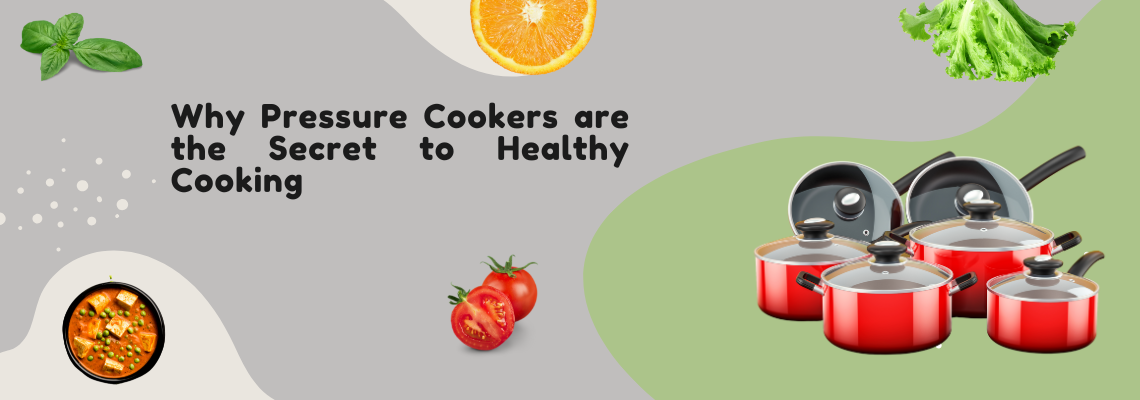
Why Pressure Cookers are the Secret to Healthy Cooking
When it comes to preparing nutritious meals, pressure cookers are a game-changer. These versatile kitchen appliances have been trusted for generations due to their ability to speed up cooking while preserving essential nutrients. In today’s fast-paced world, where health-conscious cooking is essential, pressure cookers help to create healthy meals with minimal effort. Here's why pressure cookers are the secret to healthy cooking.
1. Retains Nutrients in Food
One of the most significant benefits of using a pressure cooker is its ability to preserve the nutritional value of food. The high-pressure cooking method creates a sealed environment that traps vitamins, minerals, and other essential nutrients, reducing their loss during the cooking process. Unlike boiling, where nutrients can leach into the water, pressure cookers keep the nutrients locked in the food. This makes them perfect for cooking vegetables, grains, legumes, and meats without sacrificing their health benefits.
2. Faster Cooking, Less Energy Use
Pressure cookers are known for their speed. They cook food much faster than traditional methods, which helps save both time and energy. The high pressure inside the cooker allows food to cook at higher temperatures, speeding up the process significantly. For example, dishes that typically take hours to cook, like stews and beans, can be made in a fraction of the time. This not only saves you time but also reduces energy consumption, making pressure cookers a more eco-friendly option compared to slow cooking or using an oven.
3. Healthier Cooking with Less Oil
Many traditional cooking methods require added oils or fats to prevent food from sticking or to enhance flavor. However, in a pressure cooker, you can cook food with little to no oil. The sealed environment in the cooker traps moisture, allowing food to cook in its own juices, which enhances flavor without the need for additional fats. This makes pressure cookers an ideal choice for those looking to reduce their fat intake while still enjoying flavorful, well-cooked meals.
4. Enhances Flavor and Tenderness
The sealed cooking environment in a pressure cooker not only helps retain nutrients but also concentrates the flavors of your food. As the food cooks under high pressure, the flavors meld together, resulting in a more flavorful dish. Additionally, pressure cooking tenderizes tougher cuts of meat and hard grains, ensuring that your food is both delicious and easy to eat. Whether you're making a stew, soup, or curry, the flavors are enhanced, making for a more satisfying meal.
5. Convenient and Easy to Use
Modern pressure cookers are designed to be user-friendly, with intuitive controls and safety features that make them easy for anyone to use. With a pressure cooker, you can cook meals with minimal supervision, allowing you to focus on other tasks while your food cooks. They are also easy to clean, making them a convenient choice for busy individuals and families. With just one pot to clean and no need for constant stirring, pressure cookers make meal preparation simple and efficient.
Conclusion
Incorporating a pressure cooker into your kitchen routine is one of the best ways to ensure healthier, faster, and more flavorful meals. By preserving nutrients, reducing cooking times, and eliminating the need for excess oils, pressure cookers offer a practical and healthy cooking solution for everyone. Whether you're preparing a quick dinner or a hearty stew, a pressure cooker can help you create meals that are both delicious and nutritious with ease.
FAQs
1. Can a pressure cooker really preserve nutrients better than other methods?
Yes, pressure cookers preserve more nutrients because they cook food faster and in a sealed environment, which prevents nutrients from leaching out, unlike boiling or frying.
2. Does a pressure cooker save time compared to traditional cooking methods?
Yes, pressure cookers cook food up to 70% faster than traditional methods, significantly reducing cooking time for dishes like beans, meats, and stews.
3. Can I cook with little or no oil in a pressure cooker?
Yes, pressure cookers allow you to cook with little to no oil. The moisture trapped inside the sealed cooker helps food cook in its own juices, reducing the need for extra fats.
4. Are pressure cookers safe to use?
Yes, modern pressure cookers come with multiple safety features such as locking mechanisms, pressure release valves, and built-in safety controls to prevent accidents.
5. Can I cook all types of food in a pressure cooker?
Yes, pressure cookers are versatile and can cook a wide variety of foods, including meats, vegetables, grains, and soups, making them ideal for most types of cooking.

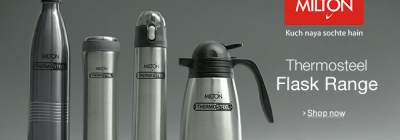
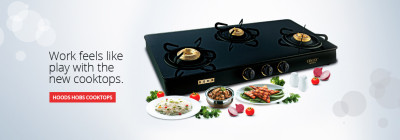
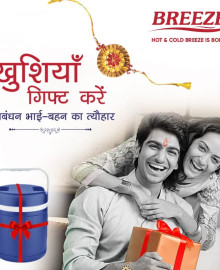
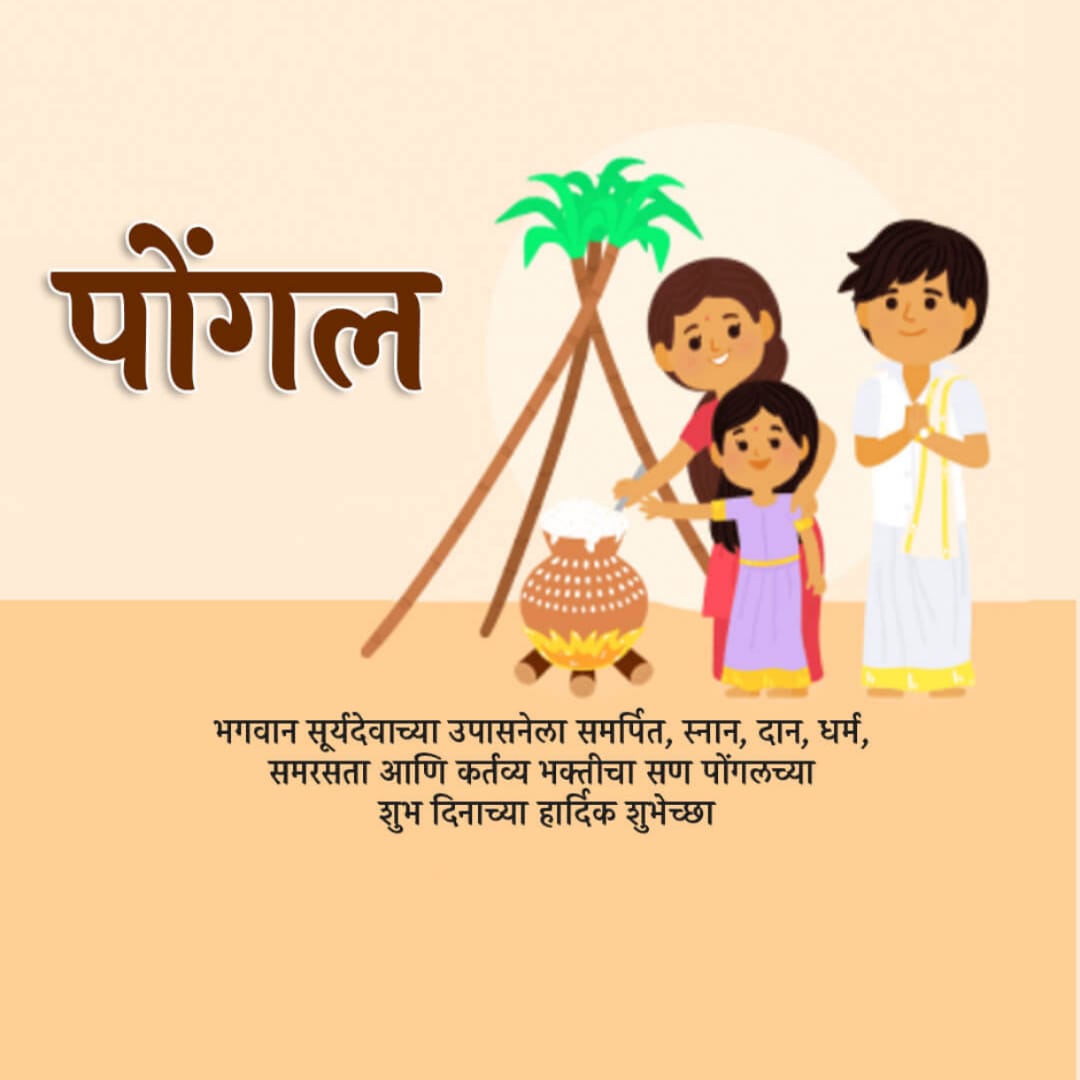
Leave a Comment